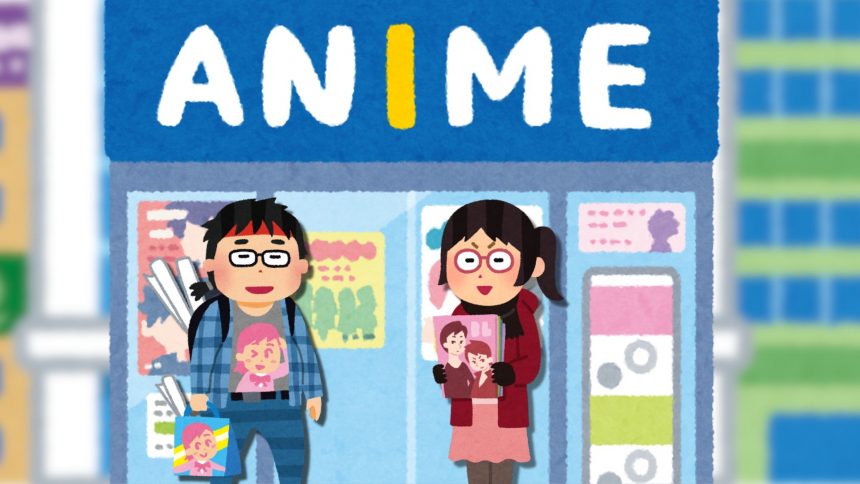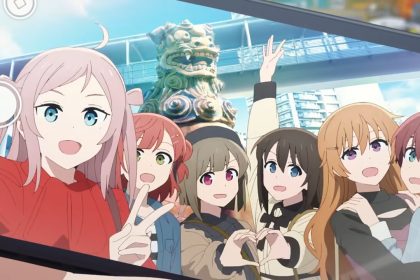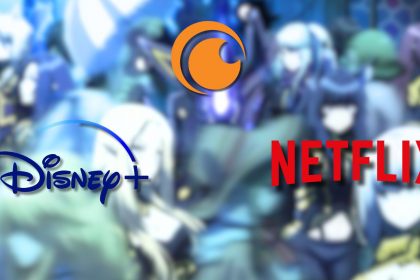Have you ever heard the term “otaku”? Derived from the Japanese language, otaku refers to individuals who are passionate enthusiasts of anime, manga, and various aspects of Japanese popular culture. The otaku culture has gained significant global recognition, and with it, a thriving community has emerged. In this article, we will delve into the world of otaku communities, their types, the benefits they offer, and the challenges they face.
Types of Otaku Communities
Anime and Manga Communities
Anime and manga are at the heart of otaku culture. These visual storytelling mediums have captured the imaginations of millions worldwide. Anime refers to animated series and movies, while manga represents Japanese comic books. In anime and manga communities, fans gather to discuss their favorite series, share fan art, and engage in lively debates. Online platforms such as forums and social media play a crucial role in connecting anime and manga enthusiasts across the globe, fostering a sense of community and camaraderie.
Gaming Communities
Japanese games have made a significant impact on otaku culture. From classic franchises like Final Fantasy and Pokémon to modern hits like Persona 5 and Animal Crossing, these games have captured the hearts of gamers and otaku alike. Gaming communities provide a space for enthusiasts to come together, share strategies, organize online multiplayer sessions, and celebrate their favorite titles. Additionally, the rise of competitive gaming and esports has further strengthened the bond between gaming and otaku culture.
Cosplay Communities
Cosplay, short for costume play, is a vibrant and integral part of the otaku community. Cosplayers create and wear costumes to portray their beloved characters from anime, manga, video games, and more. Cosplay communities offer a supportive environment for enthusiasts to showcase their creativity, exchange tips and techniques, and participate in events and conventions. These gatherings serve as a hub for cosplayers to connect, appreciate each other’s craftsmanship, and celebrate their shared passion.
Benefits of Otaku Communities
Social Connections and Support
One of the most significant benefits of otaku communities is the sense of belonging and acceptance they provide. For individuals who might feel isolated or misunderstood in their daily lives, joining an otaku community offers a welcoming space where they can freely express their interests. These communities foster genuine friendships and relationships, connecting people with shared passions and creating a support system that extends beyond the realm of otaku culture.
Knowledge Sharing and Learning
Otaku communities are treasure troves of information and recommendations. Whether it’s discovering new anime series, manga titles, or video games, enthusiasts can rely on their fellow community members for valuable insights. Moreover, engaging with otaku communities presents opportunities for language and cultural learning. As otaku culture is deeply rooted in Japanese traditions, exploringthe community allows individuals to immerse themselves in the language, customs, and history of Japan. Additionally, otaku communities provide access to resources and expertise, allowing members to expand their knowledge and skills in various creative and artistic endeavors.
Creative Expression and Skill Development
Otaku communities serve as platforms for creative expression and skill development. From drawing fan art to crafting intricate costumes, members have the opportunity to hone their artistic and craftsmanship skills. Furthermore, performing arts such as dance and theater play a prominent role in otaku culture, providing individuals with the chance to explore their talents and showcase their passion on stage. Additionally, writing and storytelling are integral components of anime, manga, and gaming, allowing community members to develop their narrative abilities and share their own imaginative tales.
Challenges and Criticisms
Stereotypes and Stigma
Despite the vibrant and inclusive nature of otaku communities, they often face stereotypes and stigma from those who misunderstand the culture. Some enthusiasts are sometimes viewed as socially awkward or disconnected from reality. Negative portrayals in media have further perpetuated these misconceptions. However, it is essential to challenge these stereotypes and promote a more accurate understanding of this culture. By showcasing the diversity and passion within the communities, we can break down barriers and foster acceptance.
Escapism and Obsession
While otaku communities offer a space for individuals to express their interests, it is crucial to strike a balance between the virtual world and real life. Some critics argue that excessive immersion in these culture can lead to unhealthy obsessions and hinder personal growth. It is important for individuals to maintain a healthy lifestyle, engage in other activities, and cultivate relationships outside of the community. Encouraging a well-rounded approach ensures that individuals can enjoy their passions while still thriving in other aspects of life.
Conclusion
Otaku communities provide a vibrant and inclusive space for individuals to connect, explore their passions, and express their creativity. From anime and manga enthusiasts to avid gamers and cosplayers, these communities offer a sense of belonging, knowledge sharing, and opportunities for personal growth. While facing challenges in the form of stereotypes and the need for balance, these communities continue to thrive and contribute to the rich tapestry of global culture. So why not immerse yourself in the world of anime fandom communities and discover the wonders they have to offer?
Five Questions about Otaku
1. What is the meaning of otaku?
This term refers to individuals who are passionate enthusiasts of anime, manga, and various aspects of Japanese popular culture.
2. Are otaku communities only for Japanese culture enthusiasts?
No, these communities are open to anyone with an interest in anime, manga, gaming, and other related aspects. They are not limited to individuals of Japanese descent or those exclusively interested in Japanese culture.
3. How can I find otaku communities near me?
You can find some communities near you by searching online platforms such as social media, forums, and event listings. Local conventions and meetups are also excellent opportunities to connect with fellow enthusiasts.
4. Can non-Japanese speakers participate in otaku communities?
Absolutely! This communities are often global and diverse, welcoming individuals from different backgrounds. Language barriers can be overcome through translation tools, subtitles, and the shared passion for anime culture.
5. Are there any age restrictions for joining otaku communities?
These communities are open to individuals of all ages. There are no specific age restrictions, as the love for anime, manga, and related interests transcends generational boundaries.













